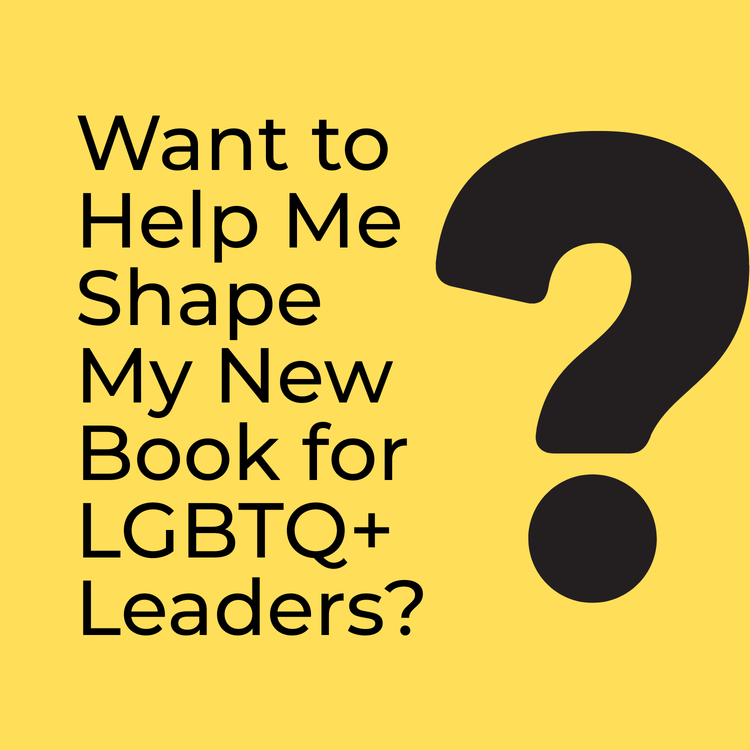Not Knowing Is Everything

I don’t know...
What I do know is that I know that I don’t know everything.
Do you ever catch yourself making definitive statements? Why do we do that? Is it a need to be right, or do you believe it’s an efficient means of communication for direct and clear understanding?
More and more, I question almost everything that people say and write.
While we all want to be heard, seen, and understood, we frequently use words and language uncritically or hastily that results in a lack of clarity, confusion, and contention about the nature of the world.
In my coaching work, I will never tell a client what I think they should do because that would mean I know what they should do.
I don’t know what anyone should do. What I do know is that I can ask questions that will help my client better understand what they believe they know, as well as what they think they don’t know.
In fact, the hardest question I’ve ever been asked by a client is, “What do you think I should do?”
Not knowing is everything.
That’s one of the true paradoxes of leadership.
Not knowing in the sense of being open to new ideas and perspectives that may increase your awareness, understanding, and even shift your beliefs. Ultimately, the more you know, the better you can support and understand others. And the more that you accept what you don’t know, the more capable you are of evolving.
Conversely, when we believe we have all the answers, we limit our growth, humility, and understanding which leads to the development of rigid dogma and prejudice.
Most people are seeking simple and definitive yes/no or right/wrong answers to all the problems in the world.
Answers that are too simple and without nuance don’t require critical thinking or the personal responsibility to understand what one’s choices mean or the impact they may have on others. Simple is not always the best response when the challenge is too complex for a yes or no answer.
How do you embrace not knowing in your leadership?
How do you let go of needing to provide and believe in a right or wrong answer?





Member discussion